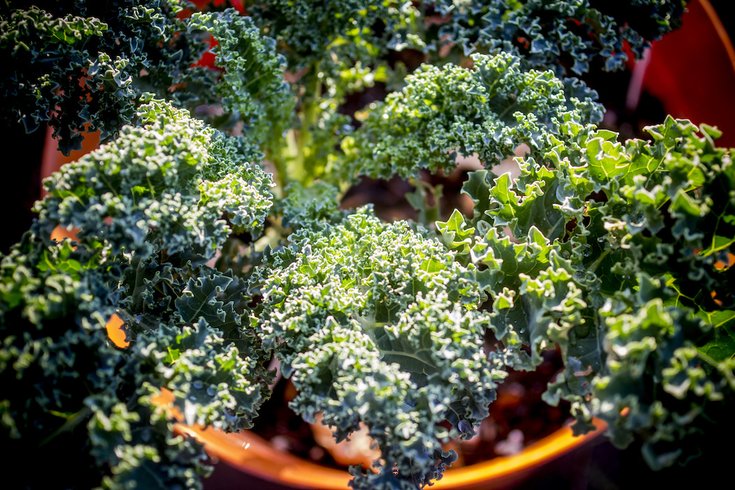
December 03, 2018
 Dennis Amith /Flickr
Dennis Amith /Flickr
Leafy greens like kale can be very hard on some people's digestive systems.
Kale is the epitome of all things healthy from the past, let’s say, five years. From green smoothies to kale pesto and even kale chips, this leafy green is one of the first things people reach for when they’re trying to shape up their eating habits.
These facts made the discovery of a story about a registered dietician who advises against kale downright astonishing, but alas, noteworthy.
Tamara Duker Freuman, a registered dietician who works in a gastroenterology practice in New York City, wrote an article in SELF detailing why "nutrient-dense, health-promoting foods might not agree digestively with a given individual.”
RELATED READ: Four-ingredient vegan brownies: your go-to holiday recipe
One common example of this are high-fiber foods often referred to as “roughage” — the leafy greens (cough, kale), crunchy nuts or stringy celery that stay surprisingly intact after chewing and create an uphill challenge for the digestive system.
Roughage can cause gas, bloating and all sorts of other digestive issues that may suggest that eating that particular food might not be your destiny.
Freuman noted in SELF:
Whether a food agrees with you digestively (or otherwise) says nothing about whether it is a “good” food, nor is it a referendum on your character. Contrary to the popular aphorism, you are not what you eat.
Just as an allergy to a food with a reputation as being “healthy” doesn’t make a person “unhealthy” just because they can’t eat it. Surprise, nutritional benefits can be derived from a wide variety different foods.
Freuman wants to help her patients find the healthiest diet they can tolerate comfortably and obviously this looks different on everyone.
The point is, you don’t have to eat foods deemed “healthy” if they make you feel terrible. There are so many healthy foods — just think of the aisles upon aisles at Whole Foods.
So avoid apples, dried fruit and mangoes if they result in stomach discomfort. Perhaps lean into blueberries, strawberries and pineapple. Your health journey is a puzzle, not a painting — there are tons of different factors that come together to create the holistic picture of health. Very rarely does it blend effortlessly.